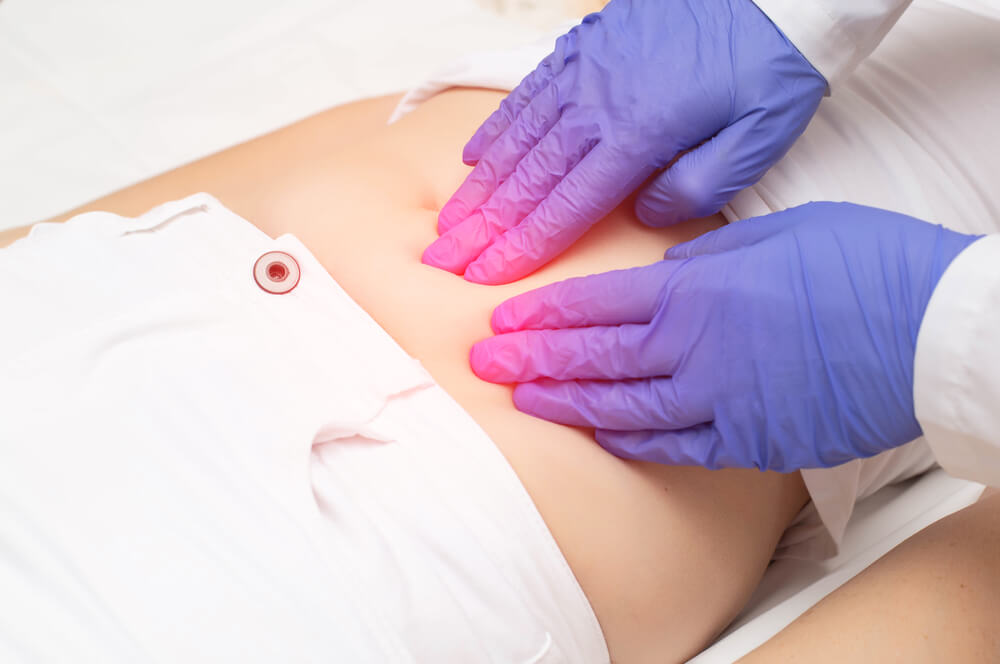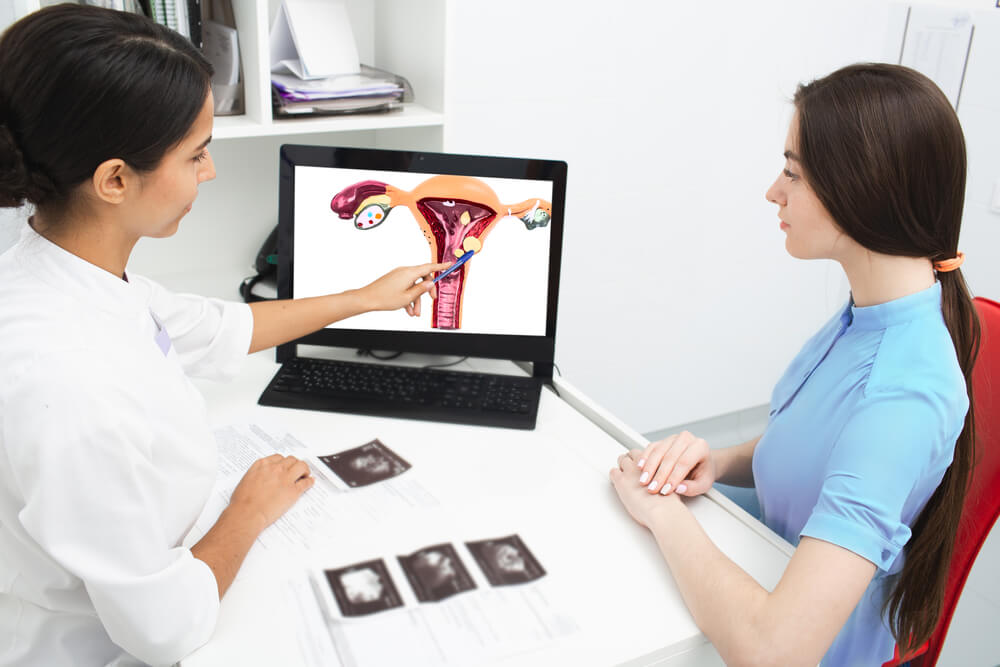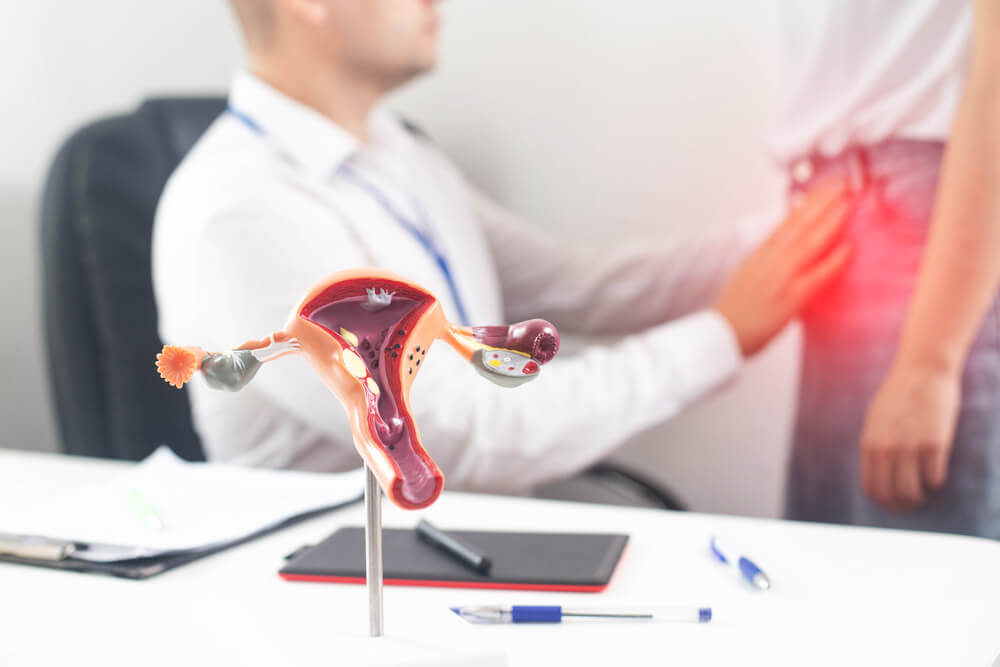Fibroids and pregnancy are a recipe for trouble; did you know that fibroids can cause issues with the baby’s development or labor complications? No? Well, in this article, we go through the four key things you should know about uterine fibroids, including fibroids removal, the fibroid diet, and more. In addition, you’ll learn how to prevent fibroids and the possible treatment methods such as surgery. This article will help you gain insight into uterine fibroids and the importance of regularly visiting your healthcare provider for checkups. That being said, you will want to seek out reliable professionals who can perform the best treatment for fibroids. By carefully selecting your healthcare provider, you will be closer to excellent results.
Without further ado, here are the four main things to know about fibroids.
All Women Are At Risk of Uterine Fibroids
Fibroids and pregnancy are not the only cases women can experience this condition. Namely, all women, young and old, are potentially at risk. These non-cancerous growths can develop in and around the woman’s uterus or womb and vary in size. Unfortunately, many women go undiagnosed because they don’t notice any symptoms. Statistics reveal that African American women are at higher risk of fibroids, and they usually experience them earlier, typically by the time they turn 30.
What causes these non-cancerous growths? Estrogen and progesterone, two hormones in the female body, stimulate fibroids’ growth. So, they can happen any time during a woman’s reproductive years, from the onset of the menstrual cycle to menopause. Typically, a woman needs to undergo surgery for fibroids removal, but they may shrink on their own in rare cases.
Experts believe exposure to specific hormone-disrupting elements can trigger fibroids, such as hair care products and plastics. In other cases, diet can play a crucial role in developing fibroids. That’s why many experts recommend patients follow a special fibroids diet. Find out more about the fibroids diet below.
If you have any questions, concerns, or if you’re just looking for expert tips and treatment, reach out to Dr. Konstantin Nikitin for guidance.
Completely Preventing Fibroids is Impossible

You may be asking yourself, “how to prevent fibroids?”.
Unfortunately, experts haven’t found a viable way to prevent these growths up to this day. However, by making healthier lifestyle choices such as eating a nutritious fibroid diet and getting plenty of exercise, you can reduce your risk of fibroids.
When it comes to how to prevent fibroids, doctors usually recommend avoiding hormone disruptors commonly found in cosmetics. These include Bisphenol A (BPA), Phthalates, and DDT. When buying new skincare products, make sure to read the label thoroughly. Then, look for skincare that is free of these potentially harmful components.
As mentioned, by following a fibroid diet, you can significantly reduce your risk of these non-cancerous growths. Many experts recommend following a Mediterranean diet rich in fresh and cooked vegetables, legumes, fresh fruit, and omega-rich fish. On the flip side, a diet rich in ham, beef, and other red meat may increase your risk of fibroids.
Cutting back alcohol is also a part of the fibroid diet. Drinking any type of spirit can raise hormone levels that contribute to fibroid growth. Moreover, alcohol can trigger inflammation.
Balancing your blood pressure via a healthy, wholesome fibroid diet is crucial. You lower your blood pressure by avoiding added salt and flavoring your food with fresh herbs and flavorful spices. Losing weight is important too, especially if you are overweight.
Fibroids and Pregnancy: Complications May Arise
Fibroids during pregnancy can lead to several side effects. If you have fibroids within your womb, these growths may interfere with the proper development of the embryo. As a result, you may suffer infertility, a miscarriage, or experience premature labor.
A woman with one or more fibroids can become pregnant, and these growths typically don’t affect the fetus. Nevertheless, fibroids tend to complicate the pregnancy and make it uncomfortable. When the hormone levels during your pregnancy increase, the growth of the fibroid speeds up; moreover, if a fibroid mass starts to die, the soon-to-be mother may need pain management until the growth goes away.
Overall, when it comes to fibroids and pregnancy, it’s essential to realize that these growths might not significantly affect the baby. However, the chance for complications increase, and your unborn child’s life might be at risk.
Fibroids Removal Has A High Success Rate

You’ve been diagnosed with fibroids, and you’re considering your treatment options. Luckily, you have a few options for treatment to consider. Typically, the patient will be advised of fibroids surgery. The first time you step into your doctor’s office, here’s what happens.
Firstly, if the doctor suspects you have uterine fibroids, they will conduct a thorough physical exam and check your family and personal history. Then, if you are likely to have fibroids, the doctor will perform imaging (such as MRI or ultrasound) to understand the growths better. In certain cases, you might need to undergo a hysteroscopy in the doctor’s office.
Even if you are diagnosed with fibroids, it’s important to note that not all growths require treatment. Some patients may have the option to delay the treatment until (or if) they experience complications. One of the main reasons a patient may want to proceed with fibroids removal is pregnancy. That’s when fibroids surgery comes into the picture.
Patients can undergo a myomectomy for fibroids removal. During this procedure, the doctor leaves the uterus intact to preserve fertility. Patients tend to recover fast from this procedure.
However, doctors perform fibroids surgery or laparoscopic surgery in cases where the fibroid growth is too big for removal via a hysteroscope. This type of fibroids surgery effectively removes larger growths with minimal complications.
Another treatment method is oral contraceptives. However, although contraceptives tend to reduce bleeding, they can increase the growth of fibroids. The only medication that is FDA-approved for controlling fibroids-induced heavy bleeding is Oriahnn®. Patients may also benefit from non-steroidal medications such as naproxen and ibuprofen. Overall, always consult with a healthcare professional for accurate diagnosis and treatment guidance. Refrain from self-diagnosing and self-medicating, which may put your life in danger.
Luckily, these procedures have a high success rate, and full recovery typically takes around two weeks.
Other treatment approaches are available for patients who cannot undergo surgery due to certain circumstances. For example, experts can shrink the uterine fibroid by inserting a tiny catheter into one of the wrists or the groin’s blood vessel. This procedure manages to block the fibroid’s growth and oxygen supply, shrinking it and causing its disappearance. Most patients notice significant improvements after this treatment method.
Are there any symptoms to look out for? Yes, most women with uterine symptoms may experience:
- Heavy and long-lasting menstrual periods
- Frequent urination
- Pelvic pain or pressure
- Difficulty emptying the bladder
- Leg pains and backache
- Constipation
In some cases, patients don’t experience any symptoms. For that reason (and many other reasons), we recommend visiting your OB-GYN at least once or twice a year. If you are planning to have a child in the near future, you may want to visit your doctor more frequently.
Give Us a Call Today
You don’t have to endure symptoms of uterine fibroids. If you are ready to take care of your health and start a family, you will need the help of a reliable team of experts. That’s where our professionals step in. Book an appointment today and get your health back on track.


